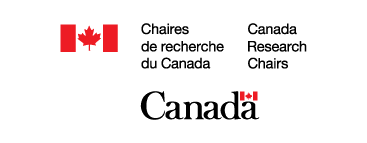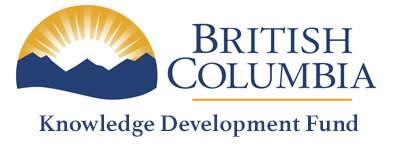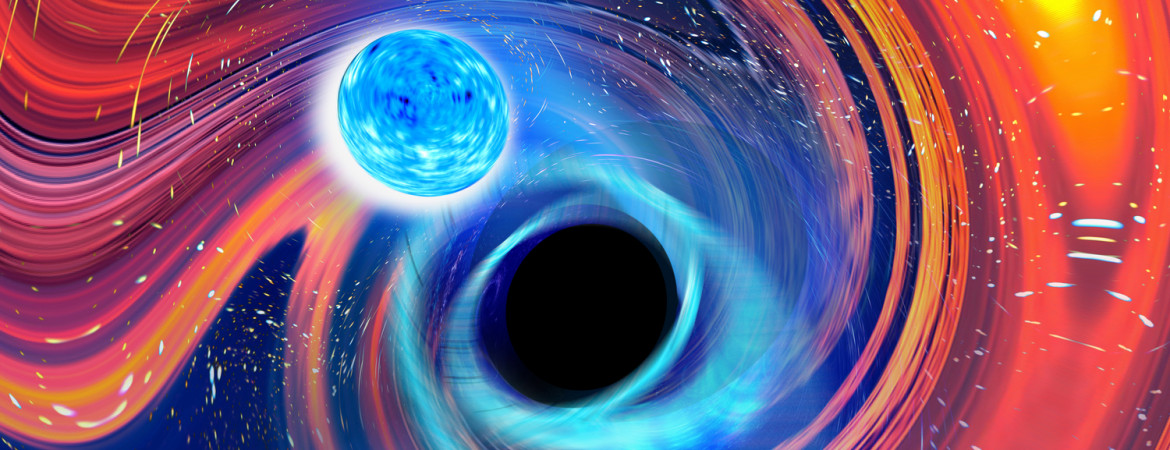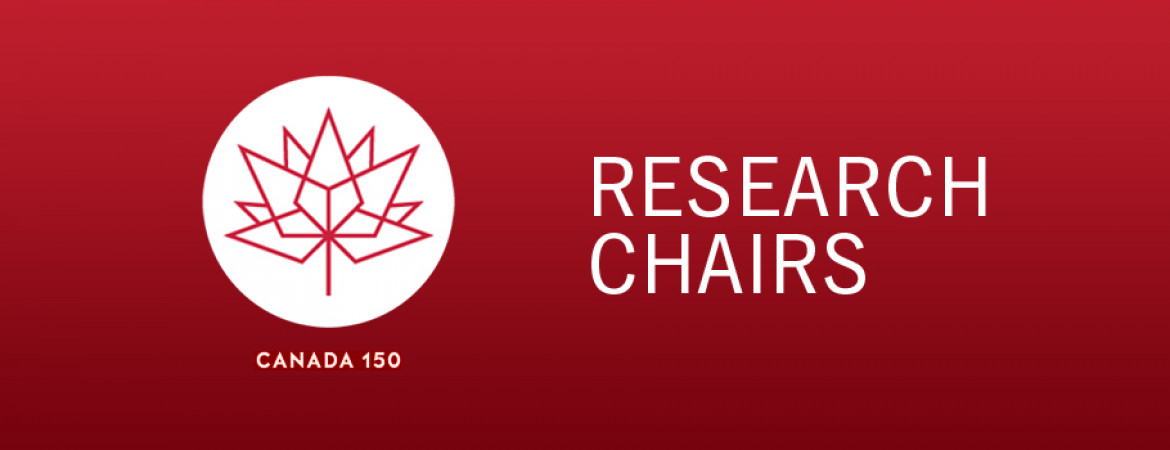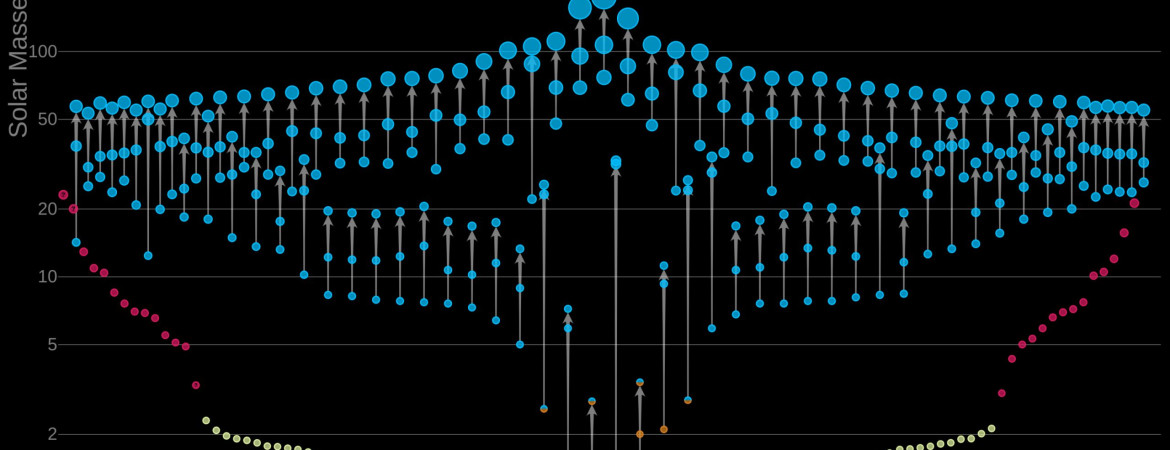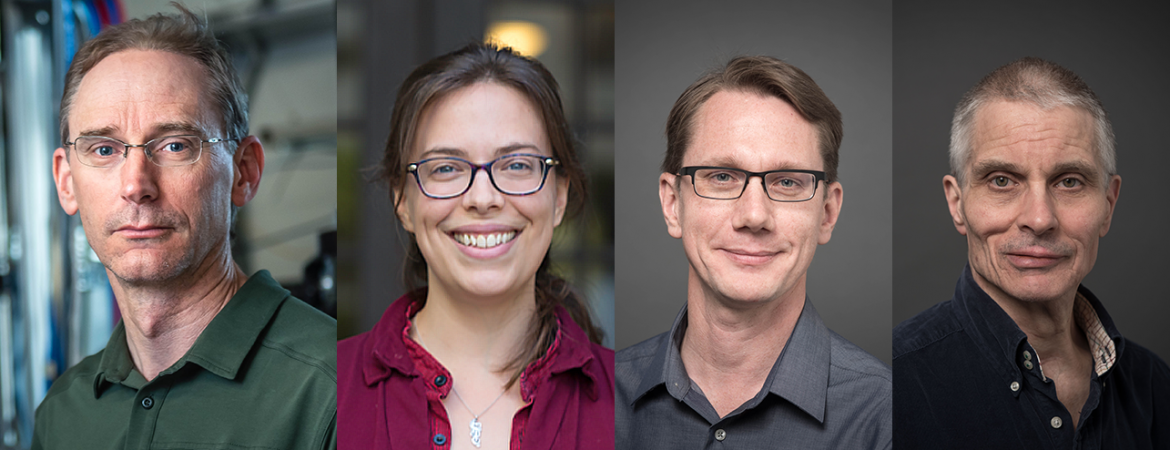Our team in the news
Television
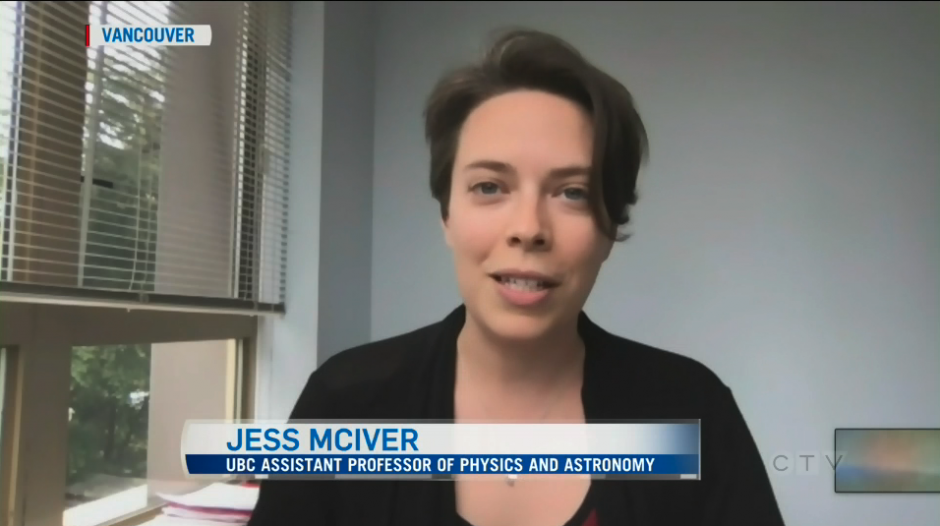
Watch a CTV clip on the LIGO-Virgo discovery of an intermediate mass black hole featuring UBC Assistant Prof. Jess McIver
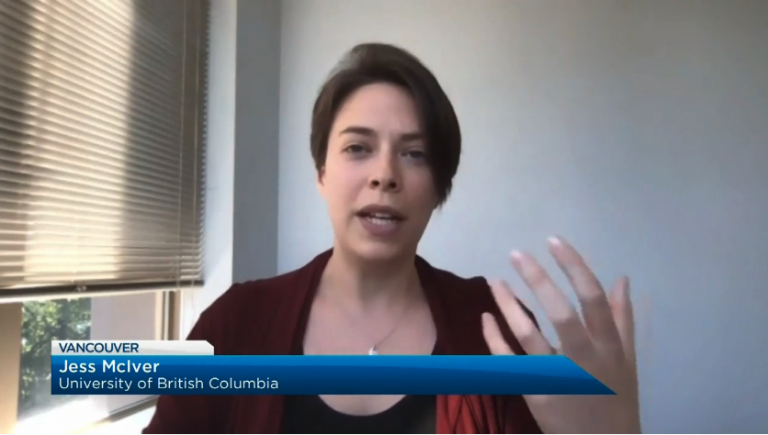
Watch Assistant Prof. Jess McIver of UBC speak with Global News about the discovery of an intermediate mass black hole by LIGO and Virgo.
- 35 new gravitational wave observations bring researchers closer to uncovering the secrets of how stars live and die. UBC Science News, November 8, 2021
- Black holes eat neutron stars for breakfast – and burp out gravitational waves. Inverse, June 30, 2021
- Scientists detect 39 new gravitational wave events. UBC news release, Oct 29, 2020
- Des scientifiques de l’UBC aident à détecter la collision de trous noirs la plus massive jamais observée. FR24 News, Sept 6, 2020
- Astronomers observe collision of 2 black holes — 7 billion years later. Global News, Sept 5, 2020
- Largest celestial collision ever detected reveals a new kind of black hole. The Globe and Mail, Sept 2, 2020
- Black holes collide—and UBC researchers helped detect the signal. The Georgia Straight, Sept 2, 2020
- Discovery of record-breaking black hole collision surprises astronomers. CBC News, Sept 2, 2020; Yahoo News Sept 2, 2020; The Weather Network, Sept 2, 2020
- UBC researchers help detect the most massive black hole collision ever observed. UBC news release, Sept 2, 2020
- LIGO and Virgo observe gravitational waves from the heaviest neutron star or lightest black hole ever observed. UBC Faculty of Science news release, June 2020.
- What the next supernova can teach us, and why astronomers hope it will come from Betelgeuse. Science Borealis, May 2020.
- Harmonics in gravitational wave signals observed from collision of black holes for the first time. UBC PHAS news article, April 2020.
Radio
- CityNews 1130: This Week in Science with Kurtis Doering.
- CBC Radio: Here and Now (Toronto); The Shift (New Brunswick); Mainstreet (Halifax); Afternoon Drive (London/Windsor); All Points West (Victoria); Homestretch (Calgary); Radio West (Kelowna); Let’s Go (Montreal); Radio Active (Edmonton); Airplay (Whitehorse); Trail’s End (Yellowknife); Up to Speed (Winnipeg); Up North (Sudbury); Afternoon Edition (Saskatchewan); Breakaway (Quebec City); Quirks and Quarks on minute 44:32 (Nationwide)
- Global News Radio: Afternoons with Rob Breakenridge ( 770 CHQR); Afternoons with Jess Brady (980 CFPL); Mornings with Simi (980 CKNW)
Our research is enabled by support from:


